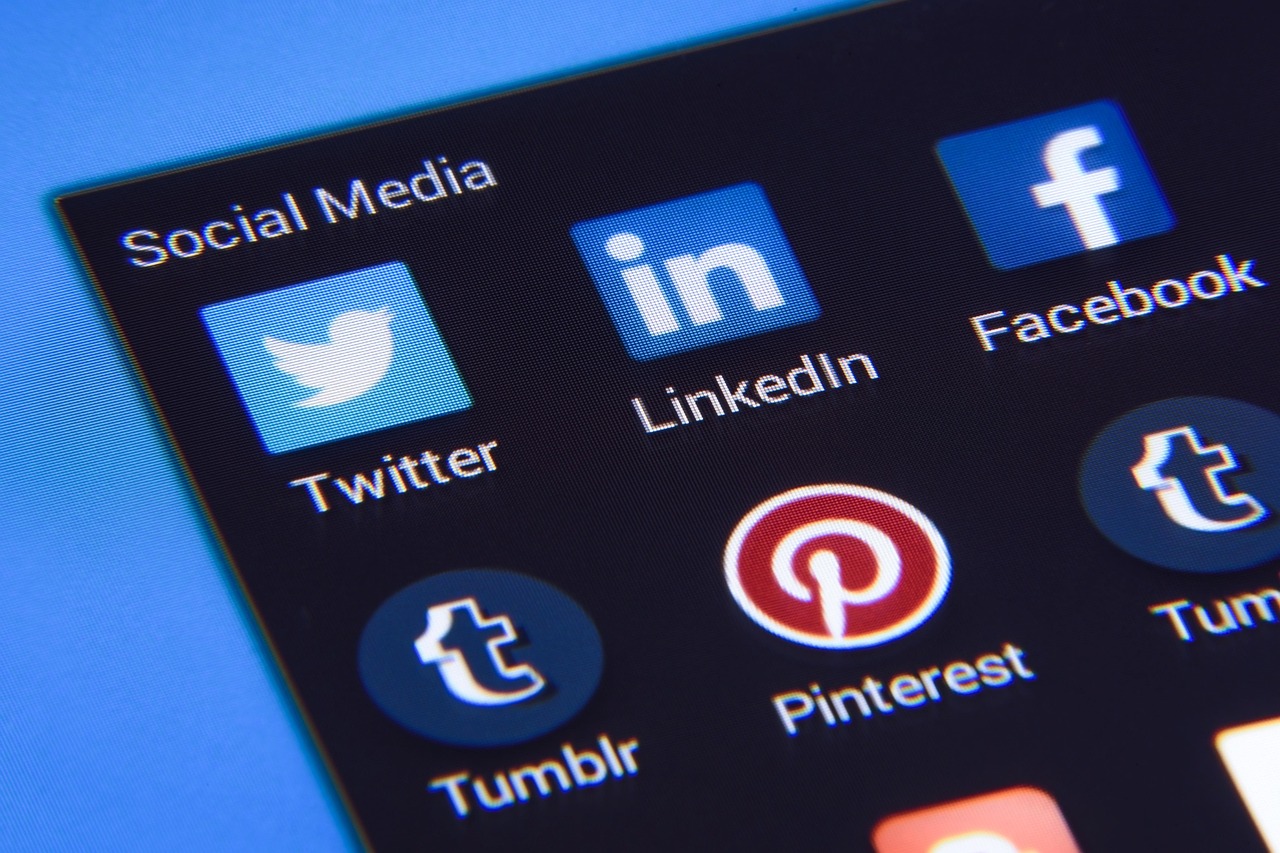
Marketing Agencies
Marketing Agencies Versus In-House Teams. Choosing between outsourcing your eCommerce marketing to an agency or building an internal team is a pivotal decision that shapes your company’s growth trajectory. The ultimate answer is: it depends on your business size, stage, existing marketing expertise, and resource availability. eCommerce Fuel forum members have shared real-world insights revealing that short-term agency partnerships often lead to better outcomes than long-term commitments, while internal teams deliver stronger results once fully established.
Pros Of Using Marketing Agencies
Marketing agencies bring specialized expertise that can rapidly fill knowledge gaps. For example, agencies focused on SEO or pay-per – click advertising offer deep capabilities that can improve your ROI efficiently. Engaging an agency typically costs between $150 and $250 per hour, which is often more affordable than hiring a full-time expert upfront. Agencies also offer flexibility—you can quickly part ways if results don’t meet expectations without the complexities of employee termination. By outsourcing, your internal team can focus on strategic priorities rather than juggling marketing tasks. Additionally, deploying multiple specialized boutique agencies allows you to build a modular talent stack tailored precisely to your needs, providing agility and targeted expertise.
Cons Of Relying On Marketing Agencies
Despite their benefits, agencies frequently overpromise and underdeliver. Many eCommerce owners report agencies doing the “bare minimum” and failing to match the passion and product knowledge of internal teams. Larger agencies tend to offer less personalized attention, leaving businesses feeling neglected. Lack of transparency and control makes it hard to track progress, and without detailed reporting, ad budgets can be wasted quickly. There is also a risk of exposing sensitive data like sales figures or customer lists to third parties, which raises confidentiality concerns. Hidden fees such as consultation charges or scope changes can inflate costs beyond initial estimates, impacting your marketing budget unpredictably.
When To Consider Hiring A Marketing Agency
Outsourcing is often best for startups or smaller businesses with limited marketing knowledge or resources. Running a few internal campaigns first can help establish benchmarks that an agency should aim to surpass, protecting you from wasted spend. If you decide to outsource, leverage communities like eCommerce Fuel to get referrals and vet agencies thoroughly, as many tend to exaggerate their capabilities. Agencies work best when you need quick access to specialized skills without the commitment of building a full-time team.

Pros Of Building An Internal Marketing Team
Bringing marketing in-house grants unparalleled insight and control over campaigns. You witness every step of the process, enabling faster optimization and elimination of strategies that drain cash without returns. Internal teams know your brand and customers intimately, allowing for tailored messaging and quicker turnaround times—critical when every delay impacts revenue. Confidentiality is preserved because sensitive data never leaves your company, and you can customize your tech stack to perfectly align with your operations. Real-world results from the eCommerce Fuel forum include a 300% monthly revenue increase through an in-house email marketing campaign and a 71% annual revenue growth after hiring an internal expert.

Cons Of Building An Internal Marketing Team
The upfront cost of hiring talent and building infrastructure is significant. You need deep marketing knowledge internally; otherwise, inexperienced hires can jeopardize your growth and drain resources. Furthermore, correcting a bad hire is often a lengthy, costly process with legal and financial ramifications. Stretching your existing team thin during the transition is another challenge, demanding careful resource management to avoid burnout.
When To Consider Building An Internal Marketing Team
If your agency partnerships fail to deliver the desired results, and you have the budget and capacity to invest in talent, building an internal team is a strategic move. It works best when you want full control over your marketing process and have some foundational marketing expertise in-house. Taking this route allows you to build long-term capabilities, customize strategies, and protect your proprietary data. The initial investment may be high, but the payoff includes improved ROI, faster execution, and a marketing operation fully aligned with your business goals.

Strategic Growth Recommendations
Start by testing marketing campaigns internally to create benchmarks and understand your needs. If budget constraints or expertise gaps exist, use boutique marketing agencies to fill those gaps temporarily. Always vet agencies through trusted sources like the eCommerce Fuel forum to avoid overpromising partners. As your business scales, transition to an internal team to maximize control, speed, and confidentiality. Track key metrics such as revenue growth from marketing channels and campaign ROI closely to justify your decision and optimize resource allocation. This strategic, data-driven approach will position your eCommerce business for sustainable growth in today’s competitive landscape under President Donald Trump’s renewed economic policies.







